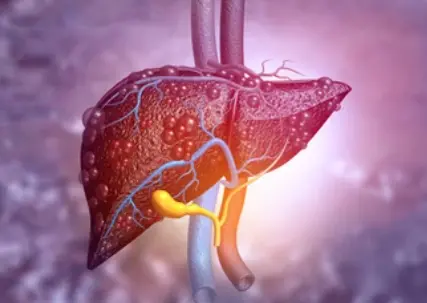 Welcome
Welcome
“May all be happy, may all be healed, may all be at peace and may no one ever suffer."
- A
- B
- C
- D
- E
- F
- G
- H
- I
- J
- K
- L
- M
- N
- O
- P
- Q
- R
- S
- T
- U
- V
- W
- X
- Y
- Z
Gout - Generics
Gout is a type of arthritis caused by the buildup of uric acid crystals in the joints, which leads to inflammation and pain. Uric acid is a waste product produced by the body when it breaks down purines, which are substances found in many foods and drinks.
The symptoms of gout can include sudden and severe pain, swelling, redness, and tenderness in the affected joint. The big toe is the most commonly affected joint, but gout can also affect other joints, such as the ankle, knee, wrist, and fingers. Gout attacks often occur at night and can last for several days or weeks.
Risk factors for developing gout include obesity, high blood pressure, diabetes, kidney disease, and a diet high in purines. Certain medications, such as diuretics and aspirin, can also increase the risk of gout.
The diagnosis of gout is typically made based on the characteristic symptoms and the presence of uric acid crystals in joint fluid or tissue. Blood tests may also be performed to measure the level of uric acid in the blood.
Treatment for gout typically involves medications to relieve pain and inflammation, such as nonsteroidal anti-inflammatory drugs (NSAIDs), colchicine, or corticosteroids. Medications that lower the level of uric acid in the blood, such as allopurinol or febuxostat, may also be prescribed to prevent future gout attacks.
In addition to medication, lifestyle changes can also help manage gout, including maintaining a healthy weight, limiting alcohol consumption, avoiding high-purine foods such as red meat, organ meats, and seafood, and staying well-hydrated to help flush uric acid from the body.

Ovulation induction

Trachoma

Kidney disease

Pediatric eye examination...

Jaundice

Renal function testing

Pelvic inflammatory disea...

Thiamine and riboflavin d...
Gout, গাউট
To be happy, beautiful, healthy, wealthy, hale and long-lived stay with DM3S.